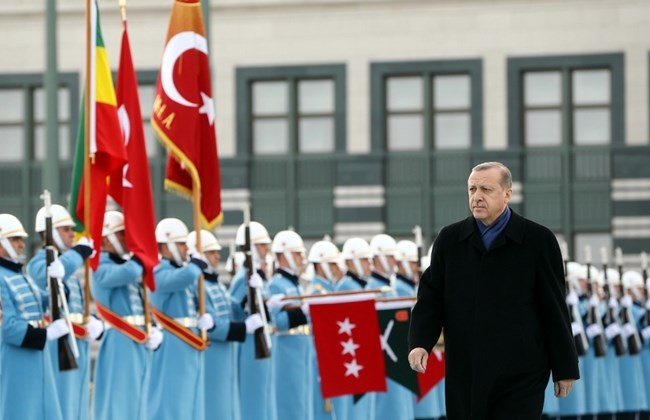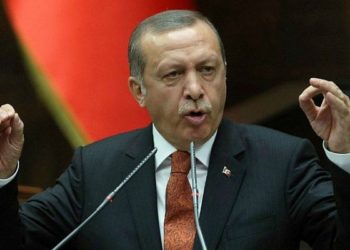In the latest decree published on Wednesday, the Turkish government has fired 293 public officials ahead of a referendum on the constitutional amendment that designs to expand powers of the presidential office.
According to the government decision, 15 from Justice Ministry, 24 from Turkish National Police, 83 from Health Ministry, 76 from Religious Affairs Directorate, 95 from Interior Ministry have been sacked, while 416 public servants have been restored to their positions.
Since the government declared a state of emergency on July 15, more than 135,000 public officials, including generals, police officers, judges, prosecutors, and teachers, have been dismissed. The sweeping purge left the civil service and bureaucracy in disarray, paralyzed Turkey’s security apparatus at a time of menacing radical extremist terrorism and a resurgent insurgency in the southeast.
The government defends the purge and subsequent clampdown on opponents as an essential measure to cope with multiple threats in aftermath of a failed coup which killed 246 people last summer, wounding more than 2,000.
The public pushback against putsch by a small faction of the army was a watershed moment in Turkey’s civil-military relations. But the epic scale of the purge in the army left many bewildered given that so many experienced generals and officers corps expelled from the military in a way that inflicted a debilitating blow to the army’s capabilities. Turkey now suffers a pilot shortage in its air force after more than half of pilots were purged.
In a question over whether the government would move to extend the state of emergency next month, Prime Minister Binali Yildirim declined to give a definitive answer. He said the government will review the situation whether to decide another three-month extension when the state of emergency expires on April 19.
Turkey is set to hold a referendum on April 16 on constitutional changes envisaging a transition to an executive presidential system long sought by President Recep Tayyip Erdogan. Critics fear that the systemic change would usher in a one-man rule with scrapping whatever left of checks and balances within Turkey’s battered political system.
********
This article was possible thanks to your donations. Please keep supporting us here.






















